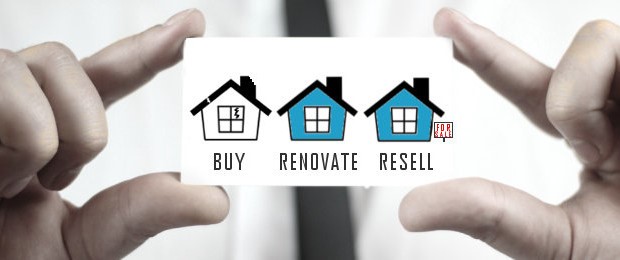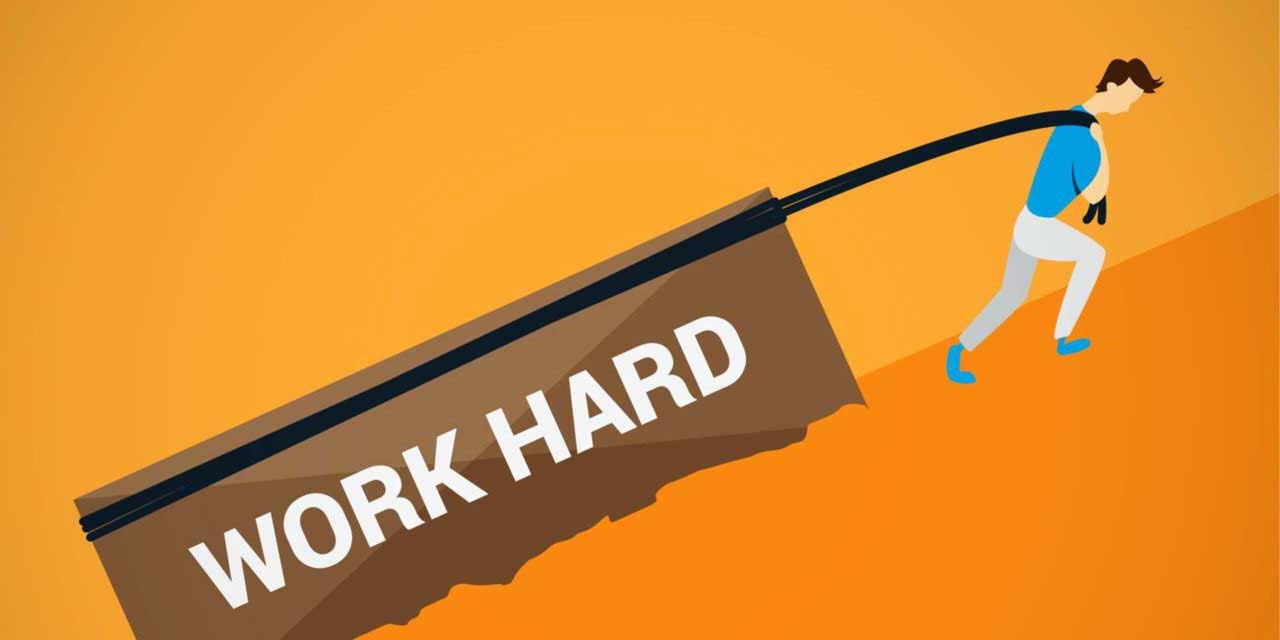
SHOULD I FLIP … OR SHOULD I HOLD Residential Rental Properties … That Is! First in a Series of 2 Articles

As CEO of KRS Holdings - a rental property management firm serving investors in Central Virginia - I have both personal and professional experience in two residential real estate investment strategies – “house flipping” and “buy and hold”. There is a place for each to be considered by residential property investors. In this article and its companion piece next month, we’ll take a look at where each approach may have merit and the relative pros and cons of both. This month, we’ll focus on flipping houses. As you read these two articles, be sure to keep this guiding principle in mind: Which investment option is best for you based on your short and long-term objectives?
House Flipping
House flipping has as its main objective, turning a profit as rapidly as possible by buying and then re-selling a single-family or apartment at a profit. Therefore, the object of the exercise is to have your capital tied up for the least amount of time possible and enjoy short-term profit-taking as a result. Properties that are suitable targets usually come in one or both of two “flavors”:
- Distressed properties that can be purchased below current market value. Typically these are properties that are in financial distress and headed for foreclosure by the lender.
- “Fixer-upper” properties … the value of which may be improved via an investment in remodeling, upgrades or other enhancements … with the intent to harvest a profit over and above the improvement costs.
Note: There are cash costs and carrying costs associated with flipping, so the faster the flipper flips a property, increased profitability is the prize. So, here’s a happy scenario that would put a lot of money into your pocket. Let’s say you buy a fixer-upper for $125,000, invest $25,000 in improvements and flip the house for a sale price of $160,000. Nicely done! You’ve just enjoyed a return of $10,000. Do that enough times in a year and you can realize huge profits.
House Flipping – An Investment or Work
Consider this definition of investment:An investment is an asset intended to produce income or capital gains. Investments can be anything an investor believes will produce income (usually in the form of interest or rents) or become worth more. By this definition, an investment is a vehicle to generate passive income. Develop sufficient passive income and you will be financially independent and not reliant on your daily work to provide for your welfare and that of your family. Reach that milestone and if it’s your choice … retire. In contrast, house flipping does not yield passive income. Your profits will be one-time, earned income project-to-project.

House flipping is work! Flipping must be treated as a business that requires constant attention to research, market trends, personal time commitment as well as workers and employees. It is a management-intensive endeavor that includes:
- Finding your flip
- Funding your flip
- Anticipating market trends – property values and neighborhood developments
- Prepared to work on the property improvements or pay to hire contractors
- Willingness to take one-time profits on each flip rather than building assets and passive income
OK. So flipping is work. Lots of money-makers are. Let’s see what the work vs. reward equation may look like on just two of the above. Finding your flip: It’s not that easy. And when you do find a target you will be in competition with others who are on the same flip-mission as you. Investing your time to create a network of people who may be “in the know” when a property will be available as a desirable flip-candidate will be of considerable help to you. A few examples are lenders who may know of a distressed property headed for foreclosure, divorce attorneys with clients seeking a quick sale at below-market prices, and tradesmen who see a mutual opportunity to partner with you on a fixer-upper. Funding your flip: Flipping involves many variable costs to be deducted from the gross profit realized from the sale of a fixer-upper or distressed property, including:
- Short-term financing cost: Sellers of flips are anxious to get their cash immediately. Unless you are in a position to come up with the purchase price from your assets, you will seek short-term financing that predictably carries a high-interest rate.
- Hold period: The factor that will determine your “carrying costs” is how quickly you will sell the property. With a fixer-upper, factor in the time to bring it up to marketable condition.
- Interest rate sensitivity: A spike in interest rates during the hold period may further delay the sale if it affects the buyer’s ability to qualify for a loan or balks at the higher cost of financing.
- Sales agent commissions: Unless you plan to purchase the property directly from the seller and then market and sell the property yourself, anticipate real estate commissions in the range of 10% to 12%
- Transaction fees: Transaction fees can be very high on both the buy and sell side, so add 3% to 4% of the sales price of the property to cover these expenses.
- Concessions to buyer: Often concessions will be last minute “give-ups” to facilitate the sale, e.g. pay buyer’s closing costs, etc.
- Waiting game for cash: There may be lost opportunity costs during the period your capital is tied up in rehabbing and re-selling a property. These may take the form of alternative investments or your time that you could devote to other opportunities.
- Taxes: Typically, the profit on a flip sale will be taxed like self-employed income. Certainly, consult with your tax advisor, but in round numbers, you may anticipate an additional 15% charge in self-employment taxes over and above your normal tax liability.
Summary
So, let me be clear … I’m not making a hard and fast case that you shouldn’t flip. However, you really must understand that it’s a business … not an investment. In general, I caution that flipping is reserved for aggressive financiers seeking short-term gains … and who have the intestinal fortitude to bet on a run-down property having no major structural flaws … that can be renovated cosmetically for a quick turn-around sale; or a property that is in financial distress that may be purchased at a below market price and quickly resold. If you fit that profile, certainly consider flipping, but do your homework to be sure you’ve got all bases covered before you take the plunge. (Please excuse the mixed metaphor.) By way of contrast, in our next article, we’ll tackle the residential rental investor world of “buy and hold”.







